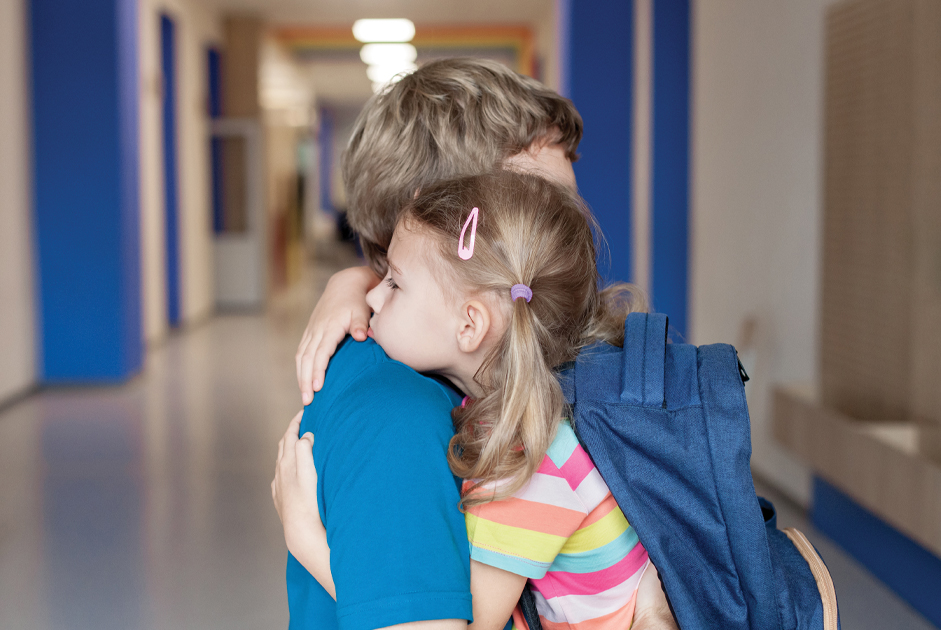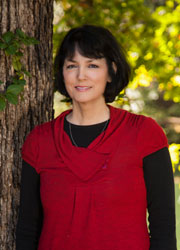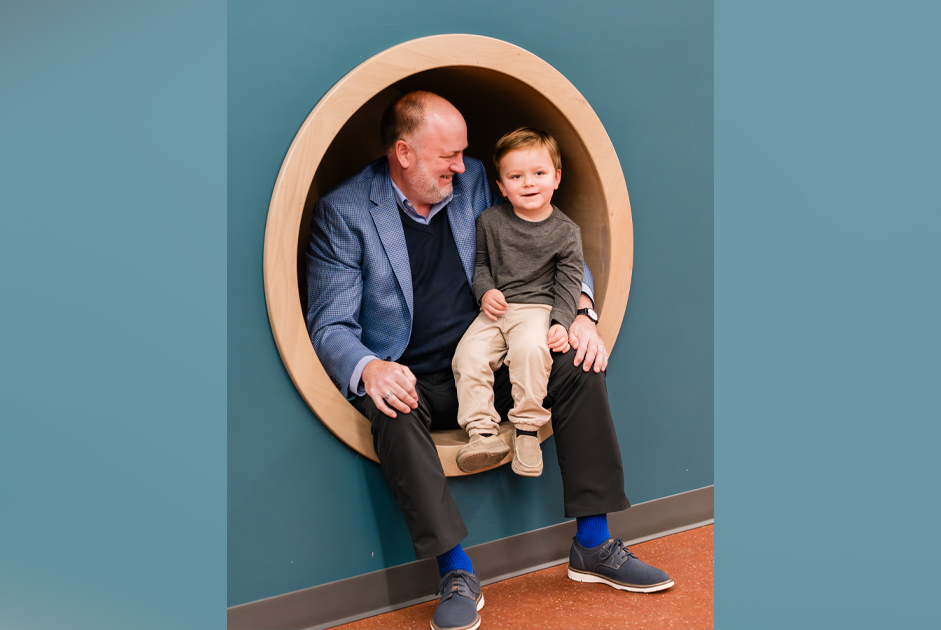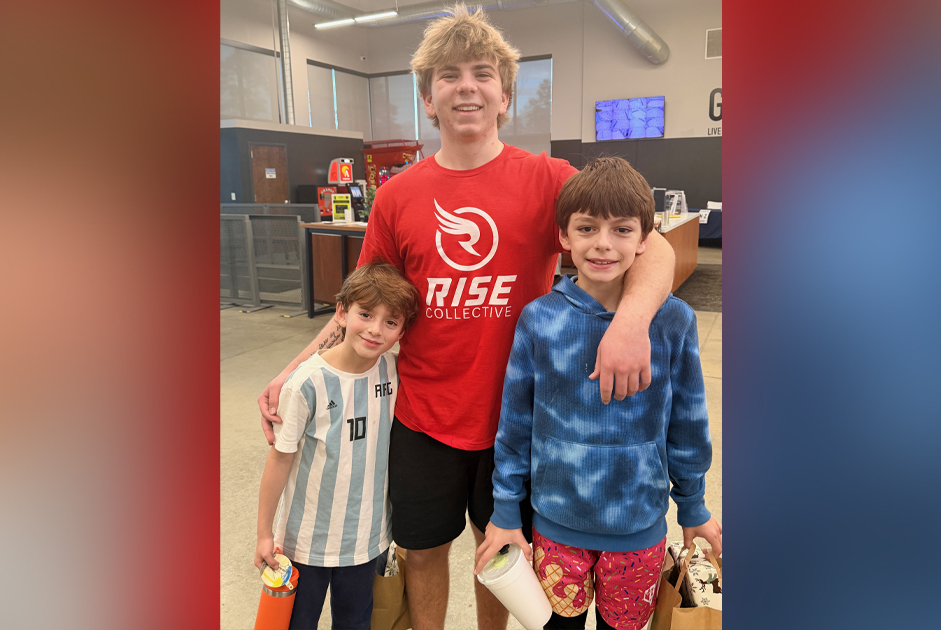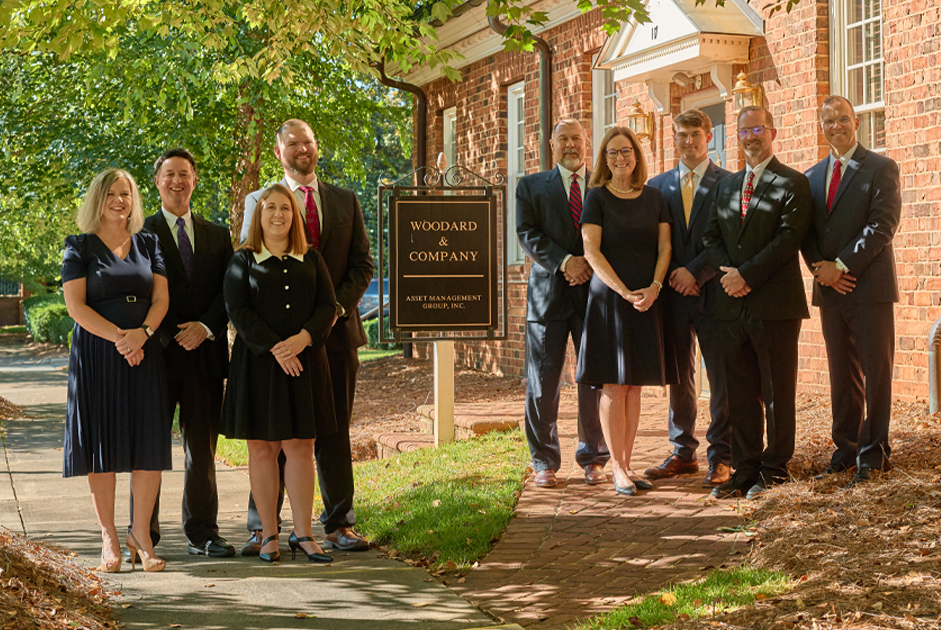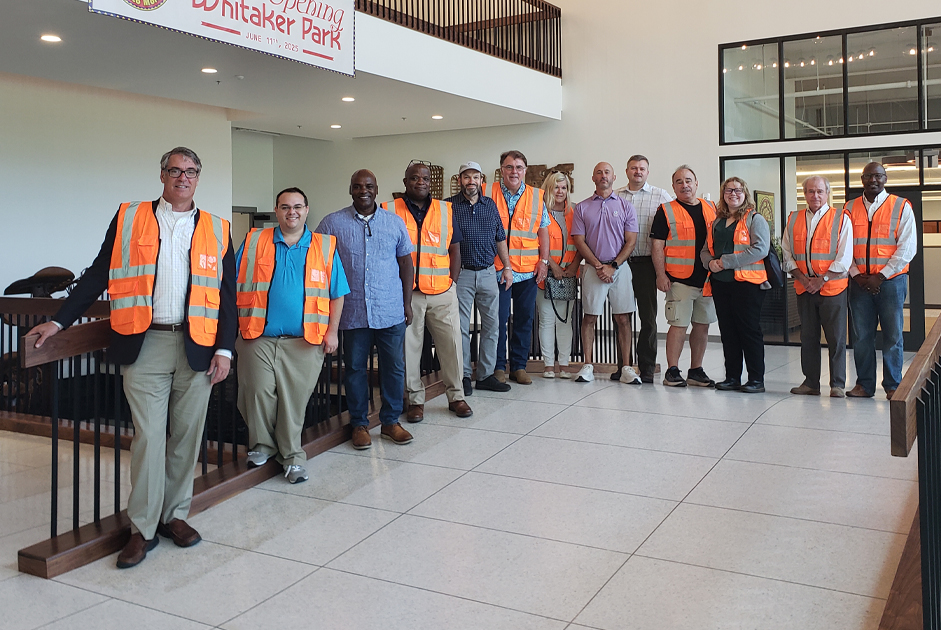My youngest grandchildren attend a parochial school. Each Wednesday, they attend chapel. The last Wednesday of each month, a student who exhibited a certain trait is chosen from each class by their teacher. This student is the student of the month for the following month. My pre-K grandson was the student of the month for December for displaying responsibility. My granddaughter, who is in second grade, was chosen student of the month for March for the attribute of kindness. I love their school for acknowledging these types of values.
For several years, I followed a blog written by a young mother whose child was diagnosed with Treacher-Collins Syndrome. This syndrome is a genetic disorder, but not necessarily inherited. It is cruel in that its characteristics are external, affecting deformities of the ears, eyes, chin and cheekbones. The degree varies from mild to severe. Those who are born with this syndrome may need hearing aids or have problems seeing, breathing or have a cleft palate; however, they have a normal lifespan and intelligence. The movie “Wonder” was based on a book about a young boy who had Treacher-Collins Syndrome.
Recently, after not seeing her blog for quite a while, I came across a letter she had written concerning her precious daughter. This child who was smart, happy, talented and loved by those who took the time to know her now faced schoolmates who were most unkind. Her mother, like any decent parent would be, was understandably bereft seeing her child so miserably unhappy and hurt by such cruelty of words and actions aimed at her. The words, “I wish I’d never been born,” tear at a parent’s heart. The mother’s plea to those who read her letter was asking parents to speak to their children about kindness. I hope her plea was taken to heart by those who saw it.
Teaching children about showing kindness to others begins at an early age. Most parents agree that the restrictions COVID placed on children were very hard on them. Their young lives were turned upside down. Most children like having a schedule. They wake up, eat breakfast, go to school and then either go home or to an after-school program. Besides studying a number of subjects, school gives them the opportunity to socialize and make friends. This opportunity was not afforded to them when schools were closed.
Parents need to have serious and in-depth discussions with their children about showing kindness to others. People are different, and many of those differences are in their outward appearance – the easiest thing to point out in a negative way. Very young children may be curious when seeing someone who is in a wheelchair, or who has a scar, or who just looks different from most. This behavior is understandable and opens an opportunity for a conversation which will answer their many questions.
The major lesson that needs to come from this discussion is one of kindness. Usually, the person being cruel to someone has issues in their own life that need to be addressed. Apologizing for one’s behavior is a good first step. Coming to one’s defense after observing cruelty taking place is another act of kindness. Treating others as you wish to be treated is an important lesson.
If you, as a grandparent, have an opportunity to start a conversation about how to show kindness to those who are being hurt by words or actions, it may make a difference to those who are suffering from such cruelty. We could all not only use, but also show more kindness every day – and, oh what a wonderful world it would be.

